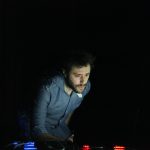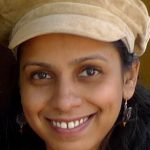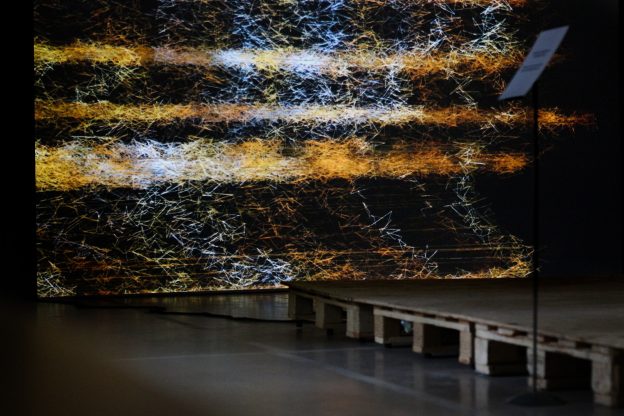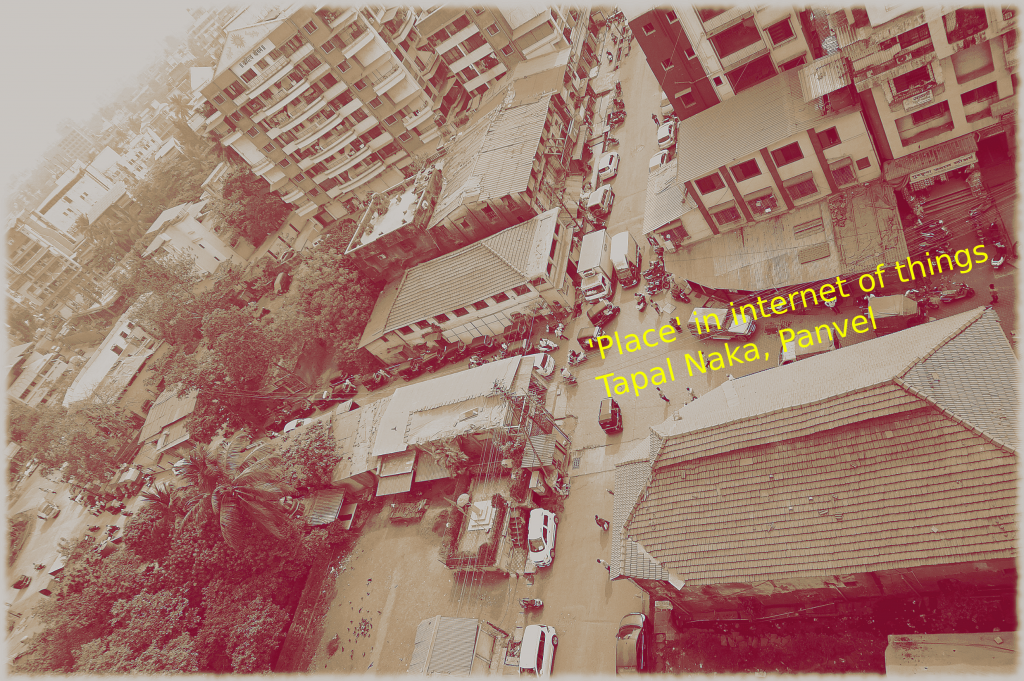Welcome to the Media Lab Doctoral Seminar
TIME: Thursday September 27, 2018, from 16:30–19:30
LOCATION: Aalto University, Väre, room O112.
DOM-L0007 New Media Doctoral Seminar
Responsible teacher: Prof. Lily Díaz-Kommonen
Presentations by: Neha Sayed and Roberto Pugliese. See abstracts below.
The seminar is open for all. Welcome!
Roberto Pugliese aka ALIASING
(M.Phil., D.Sc. (Technology), ITA/FI, b. 1980)
https://www.robertopugliese.net
 Roberto Pugliese is a media artist and researcher based in Helsinki, working with time-based digital and physical media. His work consists of compositions, installations and performances. Often concerned with memories, recordings and loss, his pieces can incorporate animation, sound, moving objects and the modification of physical media using programmed hardware and software. By collecting, processing and coupling audio and visual material, he works towards a common language among visual and sonic imageries. The installations often use sound and its transformation to establish alternative relations between the visitor and the space.
Roberto Pugliese is a media artist and researcher based in Helsinki, working with time-based digital and physical media. His work consists of compositions, installations and performances. Often concerned with memories, recordings and loss, his pieces can incorporate animation, sound, moving objects and the modification of physical media using programmed hardware and software. By collecting, processing and coupling audio and visual material, he works towards a common language among visual and sonic imageries. The installations often use sound and its transformation to establish alternative relations between the visitor and the space.
“My installations deal with the passage of time by creating objects and spaces that embody memories, in their disappearance, transformation and potential for reinterpretation.
My compositions and performances explore the relationship between sound and images, their perceptual integration in time and space and intertwined choreography as one medium.”
He collaborates with dancers and choreographers for the creation of alternative stages and new forms of media performance (SocEmo, Aalto University, Helsinki), and with scientists and researcher to develop interactive settings targeting special groups (Asperger’s syndrome) to facilitate social interaction and promote creativity (MEDIAT, CNRS, Paris).
‘Place’ as New Media architecture
by Neha Sayed
Abstract: ‘Internet of things’ promises a new configuration of space augmented with data sensing and sharing technologies challenging the notion of ‘PLACE’. The advent of these surveillance technologies promises an ‘openness’ affecting the way we live our daily life. The ‘place’ that is bound to change in this process altering the way we perceive it. This research aims at exploring the evolution of this place in ‘Internet of things’. Building on the Posthuman Ontology of Karen Barad, I began the research by trying to investigate the notion of place. The research is autoethnographic and the place that I studied is a market square I have grown up in. For last two years, I have conducted observations with the community and I am now formulating the notion of place as a resultant phenomena of a correspondence between human activity and space. In this ever evolving cultural phenomena the role of cultural interfaces is crucial. I am identifying these interfaces which will transform as they get embedded with sensor driven technologies. This research will attempt to test these technological interventions and assess the resulting place.
 Neha Sayed: Basically an architect from Mumbai I have done a combination of architectural practice and teaching for last eighteen years. I did my masters in experience design from Konstfack, Stockholm, which added another skill of being a researcher. My work in the masters was focused on developing user centered design and studying research methodologies to achieve the expected outcome. Since 2009, apart from teaching and architectural practice I have been conducting research within communities and their relationships to space and in turn place. In 2012-13, I lead a team of researchers to draft street furniture manual for a heritage town of Matheran, which is the only pedestrian tourist destination having a very unique community dynamic. The manual is being adopted for the policies and design. The project inspired me to think of place specific design interventions with active participation of the community. My practice as a designer has remained strong all this while, which is mostly around interior architecture, where the smart technologies are treated as a material. My concern about the role of sensor driven environments grew and it led me to explore the changing nature of place in the case of Internet of Things.
Neha Sayed: Basically an architect from Mumbai I have done a combination of architectural practice and teaching for last eighteen years. I did my masters in experience design from Konstfack, Stockholm, which added another skill of being a researcher. My work in the masters was focused on developing user centered design and studying research methodologies to achieve the expected outcome. Since 2009, apart from teaching and architectural practice I have been conducting research within communities and their relationships to space and in turn place. In 2012-13, I lead a team of researchers to draft street furniture manual for a heritage town of Matheran, which is the only pedestrian tourist destination having a very unique community dynamic. The manual is being adopted for the policies and design. The project inspired me to think of place specific design interventions with active participation of the community. My practice as a designer has remained strong all this while, which is mostly around interior architecture, where the smart technologies are treated as a material. My concern about the role of sensor driven environments grew and it led me to explore the changing nature of place in the case of Internet of Things.



 It is with deep regret and sadness that we must inform you of the passing of our long-time colleague and friend, Professor Merja Salo. She passed away on 16th of August 2018. At Aalto University School of Arts, Design & Architecture, Merja was Professor of Photography and Visual Communication, responsible for Photography research and related doctoral studies. Merja had been seriously ill for some time, fighting with cancer, and was intending to retire at the end of August. One week before her passing away Merja was still planning to give a lecture in her retirement seminar in September, but then her condition deteriorated suddenly. The Department of Media is deeply saddened by her sudden departure and she will be sorely missed by all of us who have had the pleasure to work with her, and study under her supervision during the last 27 years.
It is with deep regret and sadness that we must inform you of the passing of our long-time colleague and friend, Professor Merja Salo. She passed away on 16th of August 2018. At Aalto University School of Arts, Design & Architecture, Merja was Professor of Photography and Visual Communication, responsible for Photography research and related doctoral studies. Merja had been seriously ill for some time, fighting with cancer, and was intending to retire at the end of August. One week before her passing away Merja was still planning to give a lecture in her retirement seminar in September, but then her condition deteriorated suddenly. The Department of Media is deeply saddened by her sudden departure and she will be sorely missed by all of us who have had the pleasure to work with her, and study under her supervision during the last 27 years.